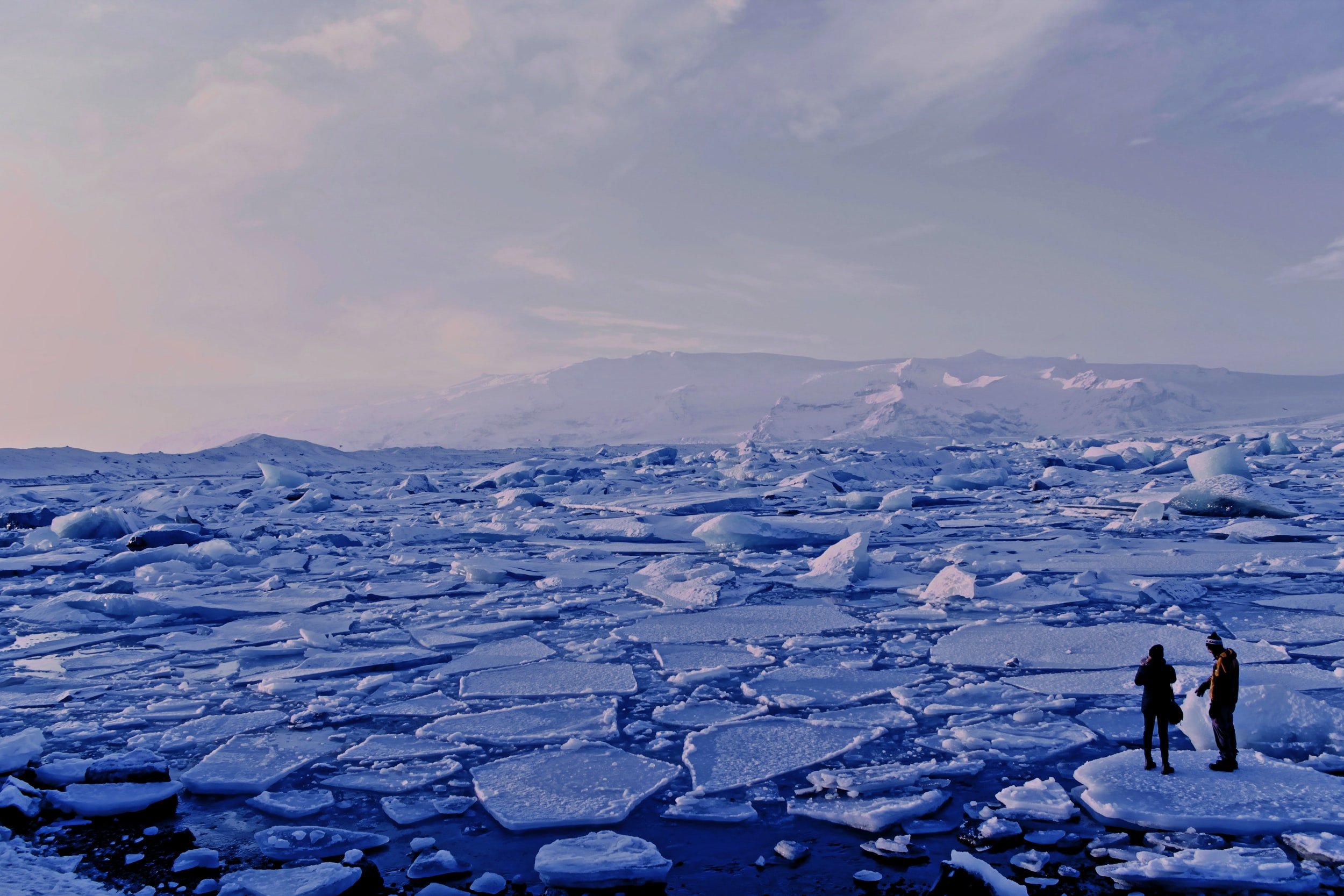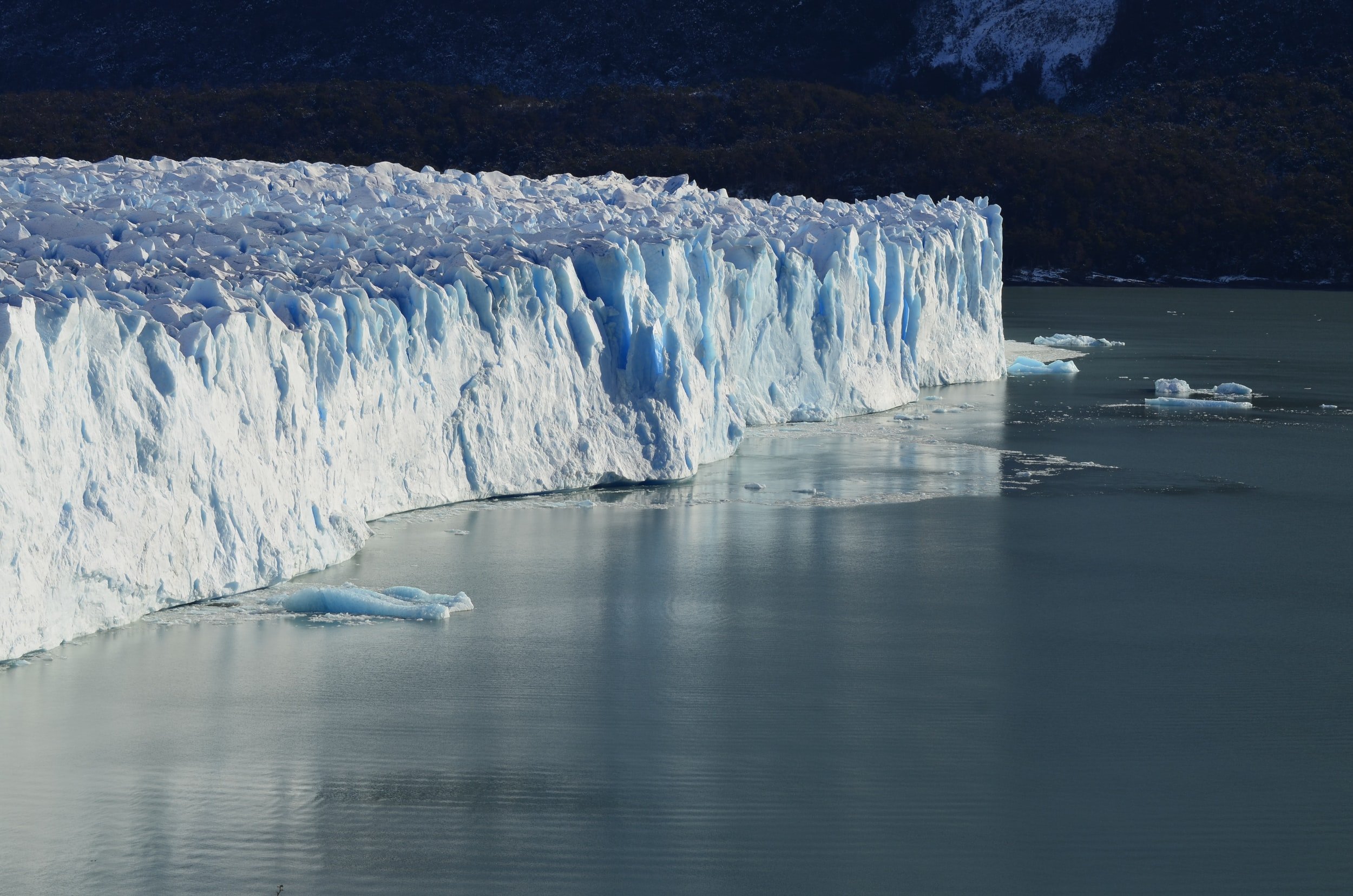
Global Warming
Global warming is the long-term heating of Earth’s climate system observed since the pre-industrial period due to burning of coal and fossil fuels. Global warming increases heat-trapping greenhouse gas levels in Earth’s atmosphere. Since the beginning of the industrial revolution, human activities have increased the average temperature on Earth by one degree Celcius and an average of 0.2 degrees every decade. It is unequivocal that human influence has warmed the atmosphere, ocean, and land.
As a result of Global Warming, sea levels have risen. The ice cups and glaciers on the polar melted because of the rising temperature. Melted ice increases the volume of water in our oceans. There are many countries struggling with rising sea levels, one typical example is Maldives. If the sea level continues to rise, Maldives will sink into the ocean in less than a century. Another effect that global warming causes is more frequent the disasters and extreme weather events, like bushfires, cyclones, droughts and floods.
Are there any ways to stop global warming? The answer is no, but people can try their best to reduce the emission of greenhouse gasses. By doing that, people can travel to the place near their house by bicycles instead of vehicles. Scientists can work hard to develop some new sources to replace fossil fuels and coal. The government can release some new policy to limit the amount of vehicles on the roads every single day and also encourage people to drive electric cars and bicycles. Global warming is a big problem that the whole world are facing right now. People have to pay great attention to it.

Author: Kevin Hong
Contact: khong.2023@carmelhs.org
Editor: Kelly Ni
